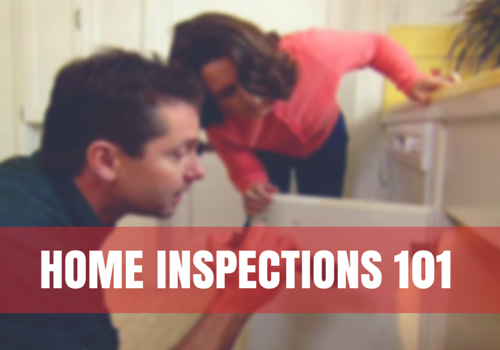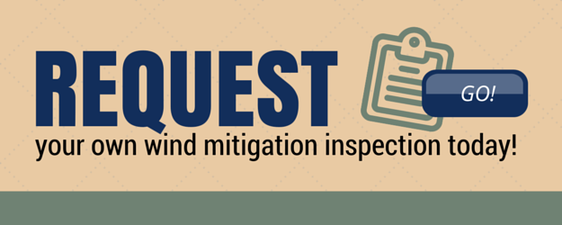Since this is 'Home Inspections 101', let's start with the basics.
A home inspection is a limited, non-invasive examination of the condition of a home. Many times it is done in connection with the sale of a home, but can take place at any time if the need for one should arise. Home inspections are usually conducted by a licensed and certified home inspector who has the proper training to perform such inspections.
Home inspections can make or break any deal, and therefore become an important factor in the real estate transaction for both buyers and sellers.

One thing a seller can do, before putting their home on the market, is arrange for a pre-sale home inspection. An inspector can give you a good indication of the trouble areas that will stand out to potential inspectors/buyers, and the seller can then make the needed repairs before the house is even shown. Sometimes advertising that your home has already been inspected and providing a clean inspection report will attract more buyers to your home, too.
After a home is on the market, has been selected by a potential buyer, and is "under contract", the buyer should order various inspections for their benefit. It's due diligence for a buyer to do this (and is sometimes required by a lender) because they need to ensure their dream home isn’t actually a money pit. If there are structural, electrical, plumbing, roofing, or any other issues that arise during the inspection period (and the contract has been properly negotiated), the buyers have the option of walking away or renegotiating the contract.
As you can see, whether you are a buyer or a seller, the negotiated inspection period and the terms associated with it are extremely important in every real estate transaction. A word of advice: Always keep a close eye on those inspection deadlines!
Be on the lookout for a future post on this blog, where we'll introduce and explain many of the inspections common in Central Florida.




